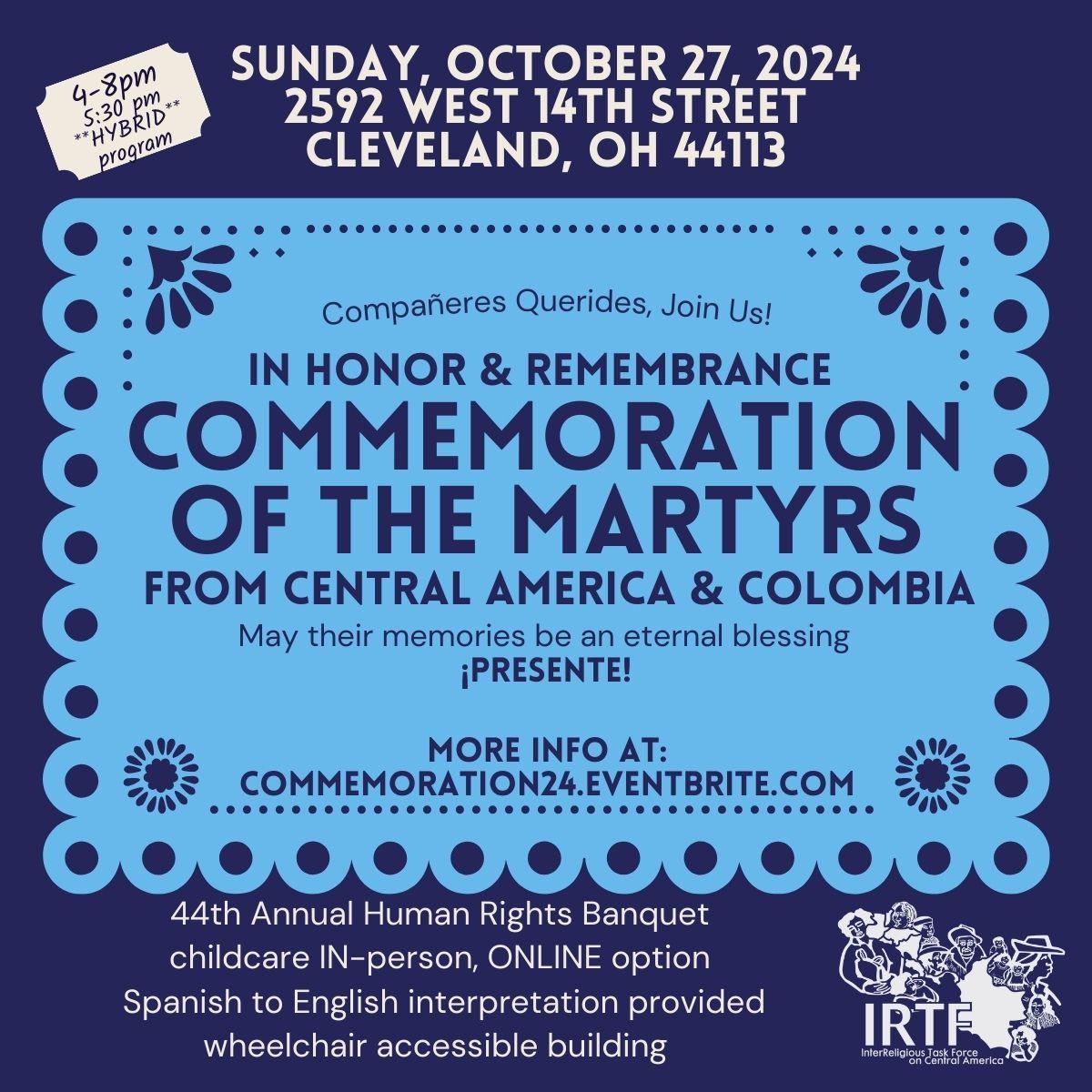The National Commission of Human Rights in Honduras recently reported that more than 60 human rights defenders, including environmental defenders, were killed under violent circumstances during 2020-2025. The majority of those crimes remain in impunity.
We wrote to the National Commissioner to express our dismay over the lack of justice in the case of environmental defender Juan Antonio López, who was assassinated while walking home from church on September 14, 2024 (cf our letter of 21 SEP 2024). Local bishops, the bishops conference of Latin America, and even the late Pope Francis publicly decried his assassination and called for justice.
As a leading member of the Guapinol Environmental Defense Committee (in Tocoa, Colón Department), Juan López worked tirelessly to protect the Guapinol and San Pedro Rivers from the destructive impacts of the Los Pinares/Ecotek mining project in the Montaña de Botaderos “Carlos Escaleras” National Park. Despite a 2024 presidential decree (Decree 18/2024) designating the park as a protected zone, reports persist that the mining company continues to operate illegally in restricted areas, protected by armed groups and with impunity.
Since 2012, Honduras has recorded at least 149 murders of environmental activists, with one of the highest per capita rates in the world. The similarities between the López case and that of murdered Indigenous Lenca environmental defender Berta Cáceres (March 2, 2016) are striking and deeply troubling: obstruction of justice, denial of state responsibility, and failure to dismantle the networks of corruption and violence that enable these crimes.


